Investing in hydrogen will be a powerful generator of jobs. As hydrogen becomes increasingly part of the power solutions for the 21st century, new transport and infrastructure technologies will have to be designed and built to utilize the power of hydrogen. Generating jobs that in turn generate well-being. A healthy economy is one that is full of healthy workers. Hydrogen delivers both.
The Covid-19 pandemic and resulting economic crisis have shown us that our economies, and particularly the jobs market, can be quite fragile. We are now faced with the challenge of rebuilding our economies. Economies must be redesigned to provide millions of jobs in the short-term and build in increased economic resilience in the long-term. These decisions about our future need to happen now.
According to the latest research, 65% of the global population support a ‘green’ economic recovery from the Covid-19 crisis.
Yet global energy demand is expected to more than double by 2050. A well-designed transition to clean energy and a climate neutral economy will help make labour markets more resilient to the damaging effects of globalisation, technological change, resource scarcity and demographic changes. To make this happen, we need to reskill our workforces in declining sectors. Focus on training today, for the jobs of tomorrow.
Growth in renewables and hydrogen markets could be a massive jobs driver as it will require new skills, massive infrastructure overhauls, and new support services. Businesses benefiting the most in terms of employment from the green transition include construction, electrical machinery manufacturing, mining of critical metals, renewable energy production, biomass crop cultivation, transport and services.
In 2017, the energy sector employed nearly 58 million people worldwide. The global power sector employment will rise to 35 million positions in 2050, up from 21 million in 2015, with renewables supplying 80% of future opportunities.
A world powered by renewable energy would rely on millions more new jobs than those provided by conventional power generation technologies.
The hydrogen economy is a vision for an economy hitting the carbon emission reduction targets under the Paris Agreement, with a thriving cleantech sector, and a robust and growing jobs market. By scaling up hydrogen technologies and building the hydrogen economy, hydrogen could provide 18% of final global energy demand. This could translate to 30 million jobs by 2050, and a $2.5 trillion annual revenue boost to economies worldwide.




The first Industrial Revolution was built on fossil fuels. Coal mining brought jobs, wealth and social progress, but also increases in carbon emissions and air pollution. Today, we are on the verge of the fourth Industrial Revolution – which will be powered by new digital technologies and, of course, cleantech. Clean energy technologies and the hydrogen economy offer an exciting prospect for our societies: a roadmap for our future energy needs that will combine a healthy economy with healthy workers.